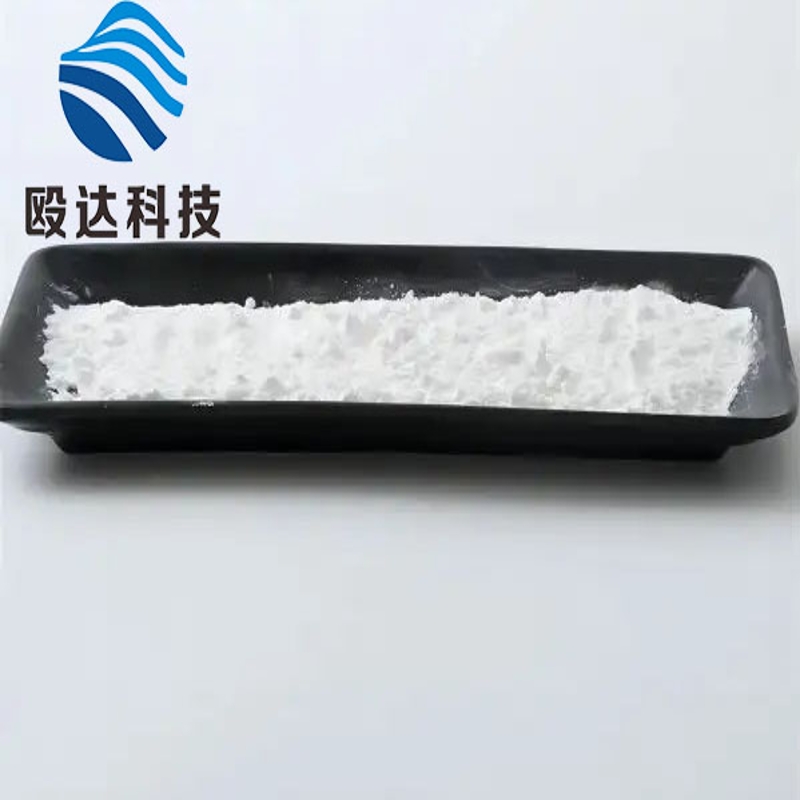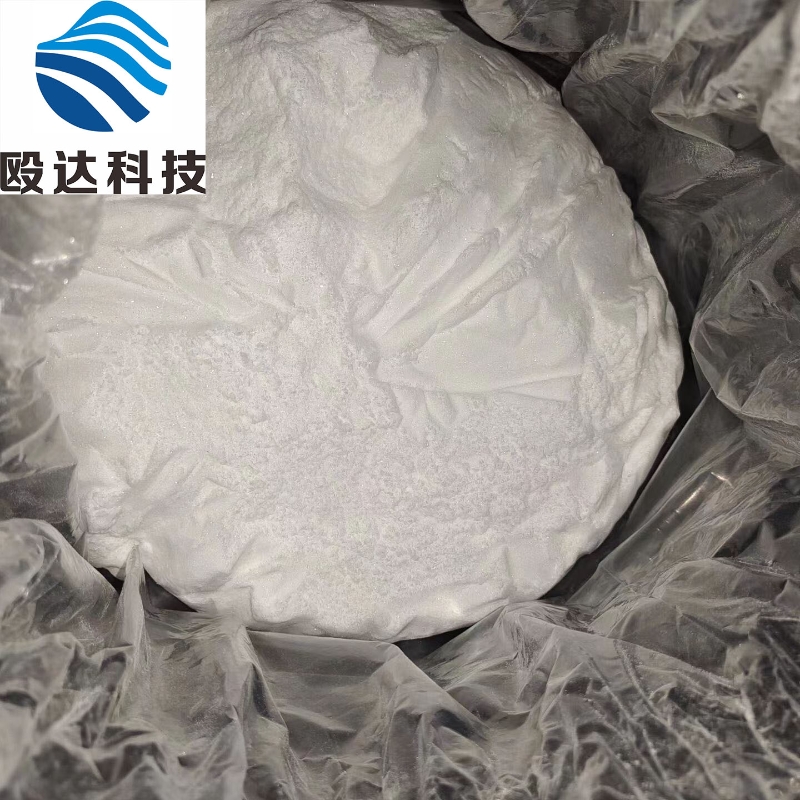-
Categories
-
Pharmaceutical Intermediates
-
Active Pharmaceutical Ingredients
-
Food Additives
- Industrial Coatings
- Agrochemicals
- Dyes and Pigments
- Surfactant
- Flavors and Fragrances
- Chemical Reagents
- Catalyst and Auxiliary
- Natural Products
- Inorganic Chemistry
-
Organic Chemistry
-
Biochemical Engineering
- Analytical Chemistry
- Cosmetic Ingredient
-
Pharmaceutical Intermediates
Promotion
ECHEMI Mall
Wholesale
Weekly Price
Exhibition
News
-
Trade Service
December 17, 2020 // -- Novartis recently announced that the U.S. Food and Drug Administration (FDA) has awarded iptacopan (LNP023) breakthrough drug eligibility for the treatment of thyroid pyroglobinuria (PNH) and rare pediatric disease (RPD) for C3 nephropathy (C3G).
October, the European Medicines Agency (EMA) granted iptacopan priority drug eligibility (PRIME) for the treatment of C3G.
iptacopan is a pioneering (first-in-class), oral, powerful, selective, small molecule, reversible B-factor inhibitor, B-factor is the key to the replacement pathway of the complement system serine protease.
In addition to PNH and C3G, iptacopan is currently being developed to treat a number of other kidney diseases that are affected by the complement system and have significantly unseeded needs, including IgA nephropathy (IgAN), atypical hemolytic uremia syndrome (aHUS), and membrane nephropathy (MN).
is expected to submit its first adaptation applications to the FDA in 2023.
in many supplement-driven diseases, iptacopan has the potential to become the first supplement path inhibitor to slow the progression of the disease.
based on positive mid-term data from the disease prevalence and Phase 2 studies, iptacopan was also awarded treatment for C3G and PNH by the FDA and ODD by the EMA.
iptacopan Chemical Structure (Photo: medchemexpress.cn) BTD is a new drug review channel created by the FDA in 2012 to accelerate the development and review of new drugs used to treat serious or life-threatening diseases, and there is preliminary clinical evidence that the drug has significantly improved one or more clinical endpoints compared to existing drugs.
access to BTD drugs and closer guidance at the time of development, including from senior FDA officials, to ensure that new treatment options are available to patients in the shortest possible time.
FDA awarded iptacopan treatment for PNH BTD, based on positive interim results from a Phase II study under way in Project 2.
data show that iptacopan has significant therapeutic benefits for PNH patients who are still anaemic and dependent on blood transfusions despite standard care anti-complementary therapy, and for PNH patients who have not previously received anti-C5 therapy (anti-C5 naive, primary treatment) as a single drug treatment.
PNH is a rare, life-threatening blood disorder characterized by supplement-driven hemolysis, thrombosis, and impaired bone marrow function, leading to anemia, fatigue, and other debilitating symptoms that can affect a patient's quality of life.
although the current treatment standard is anti-C5 therapy Soliris (eculizumab) or Ultomlis (ravulizumab), a large proportion of PNH patients are still anaemic and dependent on blood transfusions.
Kidneys (Photo Source: parashospitals.com) The FDA's Rare Pediatric Disease Qualification (RPD) targets serious or life-threatening diseases that primarily affect people under the age of 18 and affect fewer than 200,000 people.
C3G is an extremely rare and serious primary ngnephritis characterized by a rehydration disorder.
C3G is usually diagnosed in adolescents and young adults, and the prognosis is poor, with about 50% of patients developing end-stage kidney disease (ESRD) within 10 years and 50-70% relapsing after kidney transplantation.
worldwide, the annual incidence of C3G is 1-2 parts per million, with about 10,000 cases in the United States, about 10,500 in Europe, about 3,200 in Japan and about 32,000 in China.
phase II positive data for
iptacopan's treatment of PNH were presented at the European Society for Blood and Bone Marrow Transplantation (EBMT) conference in August this year, and the results of phase II in the treatment of C3G were presented at the virtual annual meeting of the American Society of Nephrology (ASN) in October this year.
has plans to launch Phase III clinical trials in multiple adaptations.
(sic): Novartis investigational oral therapy iptacopan (LNP023) receives FDA Program Therapy Designation for PNH and Rare Pediatric Disease Designation for C3G







